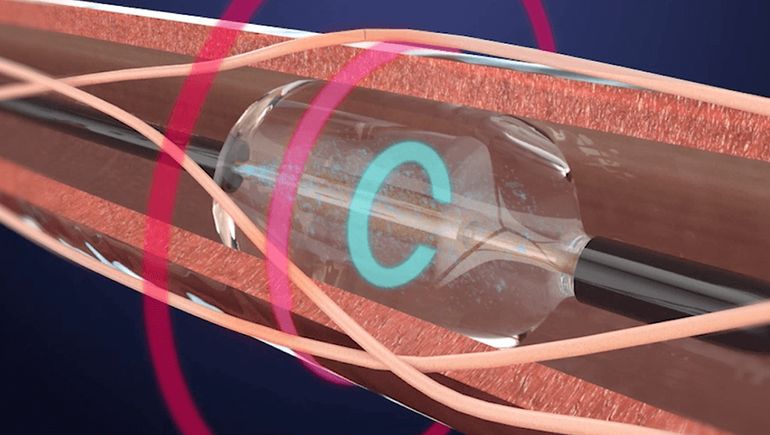Dive Brief:
- Recor Medical’s renal denervation system should be approved to treat people with uncontrolled hypertension, but more study is needed on the procedure’s long-term impact and to determine which patients are likely to benefit most, a Food and Drug Administration advisory panel said on Tuesday.
- The FDA’s outside advisers on the circulatory system devices panel, in a 10-2 vote, said the benefits of the Recor Paradise device outweigh the risks.
- The panel is scheduled to vote today on whether to recommend approval for a competing system from Medtronic, setting the stage for a market battle over a new treatment to reduce high blood pressure.
Dive Insight:
Recor, at the FDA’s Tuesday panel, presented the results of three clinical trials in the company’s RADIANCE program that included more than 500 patients with mild to moderate or resistant uncontrolled hypertension. All three studies met their primary effectiveness endpoints.
The Paradise system, which was granted FDA’s breakthrough device designation in 2020, delivers ultrasound energy via a catheter to ablate overactive nerves along the renal arteries. It is intended for use in people with uncontrolled high blood pressure who can’t tolerate or don’t respond adequately to antihypertensive medications.
On Tuesday, the panelists agreed that the minimally invasive device is safe, but several of the experts voiced concerns about the durability of the treatment’s effect beyond the first two months.
“It is unclear to me if there is a long-term benefit from the procedure,” said panel member Benjamin Saville, director of trial design and analysis at Berry Consultants.
The committee voted 12-0 in favor of the device’s safety profile and 8-3, with one member abstaining, in support of its effectiveness for use in patients with uncontrolled hypertension. Panelists said more research is needed to assess which patients may benefit from the treatment, and they want to see FDA’s labeling for the device address its limitations.
“The question that I think is raised here is, who are the patients who are most likely to benefit from denervation? It seems to me it is not the patients with the highest risk. It is those with a lower degree of high blood pressure,” said Patrick Nachman, director of nephrology and hypertension at the University of Minnesota Medical School.
Recor, a subsidiary of Otsuka Medical Devices, has begun a registry study in the European Union, where it is CE marked, and plans to gather more post-market data globally. The company filed a pre-market approval (PMA) application with the FDA for the Paradise system in November.
“We will continue to work closely with the FDA in advance of our anticipated PMA approval and feel confident in the impact that Paradise Ultrasound RDN could have in addressing a significant unmet need,” Recor CEO Lara Barghout said in a statement on Tuesday.
As Medtronic awaits an FDA panel decision, CEO Geoff Martha told investors he is “very confident” about the prospect of approval for its Symplicity Spyral renal denervation system. Prior studies by Medtronic, including a 2014 clinical trial and last year’s SPYRAL HTN-ON MED trial, failed to prove that the device maker’s ultrasound renal denervation system lowered patients’ blood pressure at home.
Analysts, however, have predicted Medtronic’s device also will gain the backing of FDA’s advisers, despite doubts about how well it works to combat hypertension. The FDA is not required to follow the guidance of its advisory panels, but it typically does.

